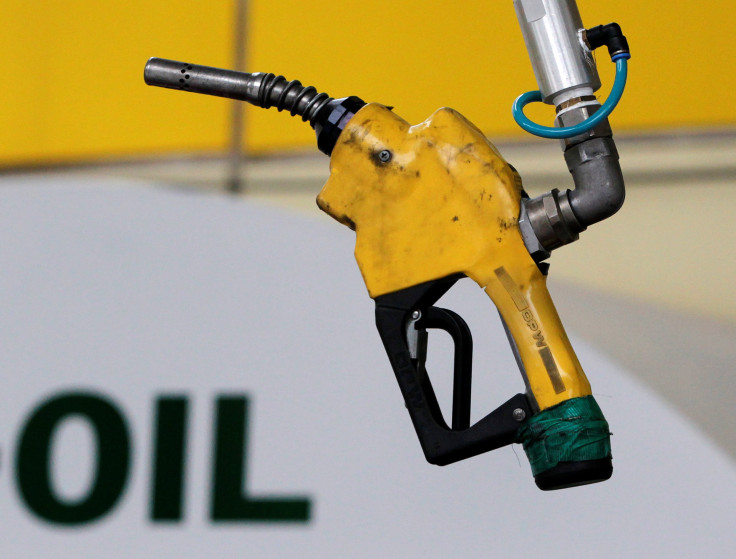Gas, Oil Prices Going Up? $3 A Gallon Could Be Coming In 2017 For Drivers

Motorists who have been filling up their tanks with relatively low gas prices are unlikely to see them come next year. Due to deals and announcements made over the last few weeks between some of the world’s highest oil producers, gas prices could climb as high as $3 a gallon, analysts told USA Today in a report published Monday.
Following members of the Organization of Petroleum Exporting Countries’ (OPEC) decision to cut oil production last month, and another agreement between non-OPEC countries like Russia, Mexico, Oman and several others made over the weekend, gas prices in the U.S. and the price per barrel of oil have both increased.
The national average gas price was $2.21 per gallon on Monday, a 3.8 cents climb compared to November and 19.8 cents more than this time last year.
On the oil market, the price per barrel has also seen gradual increases and has been hovering between $53 and 56, Bloomberg reported Tuesday. WTI Crude Oil (Nymex) and Brent Crude (ICE), each considered top barometers for the global oil market at large, were up $0.41 to $53.24 and $0.54 to $56.23, respectively, and could continue to climb.
The cutback in production as well as the IEA Oil Market report forecasting a reduction in oil reserves early next year means $60 a barrel could be reachable and would translate to $3 a gallon, according to 247 Wall Street.
The country has seen steady declines in gas prices recently, which has may have lulled drivers into a false sense of the market. Many were driving lower priced vehicles that eat up more gas.
“With this era of low gas prices, many Americans were trading in their vehicles, selling their vehicles, buying new vehicles that have been less fuel-efficient,” senior petroleum analyst at GasBuddy.com Patrick DeHaan said to USA Today. “If gas prices do start to inch up there’s a lot of Americans that bought a new vehicle in the last two years during this climate of low gas prices, so it may affect them more.”
© Copyright IBTimes 2024. All rights reserved.





















